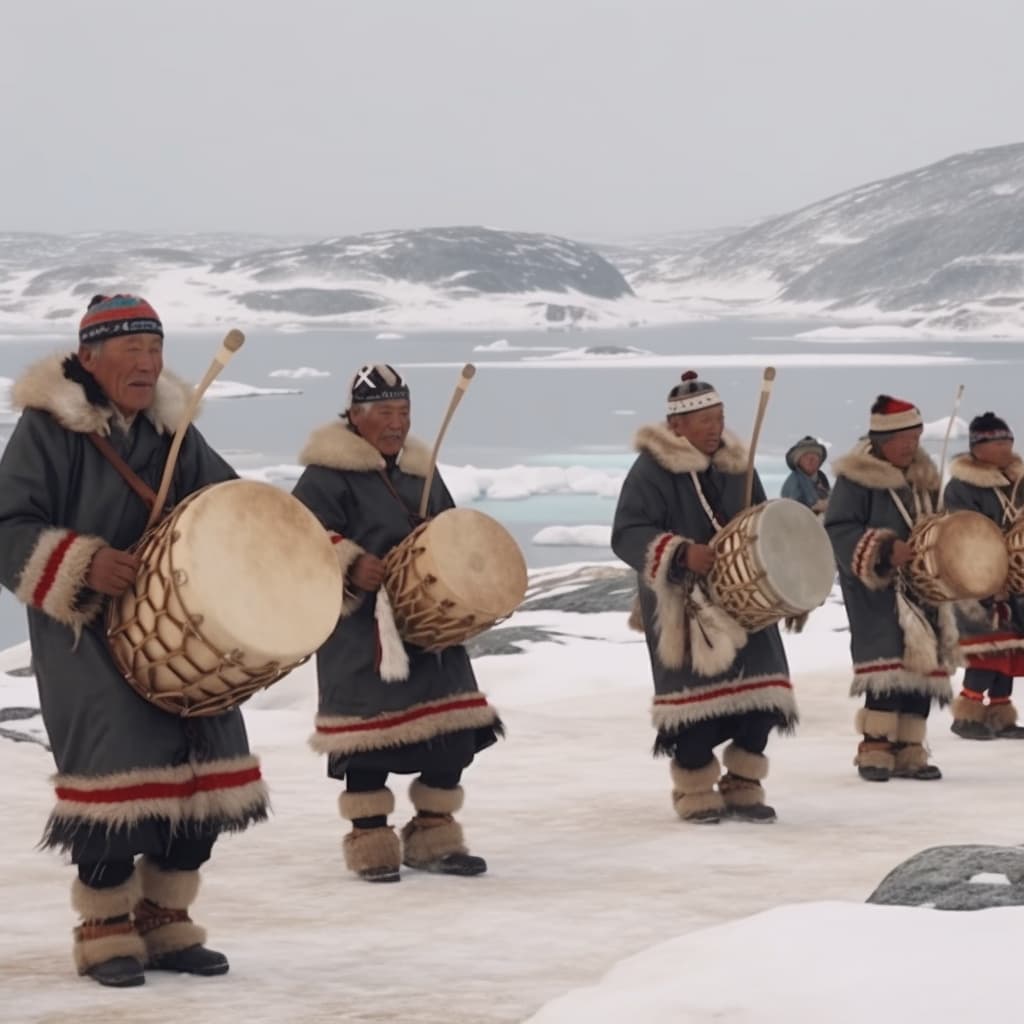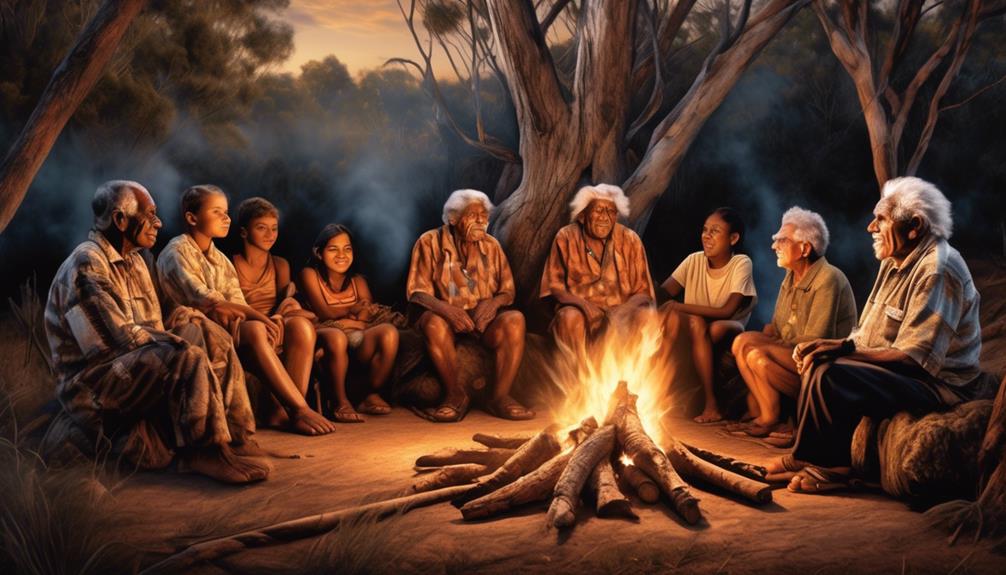Preserving Oral Traditions: The Power of Folklore in History – Preserving Oral Traditions The Power of Folklore in History highlights the essential role that folklore plays in shaping cultural identity and collective memory. Through stories passed down through generations, communities maintain connections to their roots, values, and shared experiences. This fascinating exploration of oral traditions reveals how folklore not only entertains but also educates, preserving the wisdom of the past while offering insights into human behavior and societal norms.
In an era where globalization threatens the uniqueness of cultures, understanding and preserving these oral narratives becomes vital. From the epic tales of ancient civilizations to the local legends that color our everyday lives, folklore serves as a powerful tool for cultural resilience. By examining the intricacies of storytelling, we uncover the layers of meaning that inform our identities and foster a sense of belonging.
Rituals are an integral part of human culture, weaving through the fabric of societies across the globe. From the joyous celebrations of weddings and festivals to the somber ceremonies of funerals, rituals are the ways in which we express our beliefs, values, and social structures. As an anthropologist, I find it endlessly fascinating to delve into the significance of these practices and how they shape our experiences and identities.
What Are Rituals?
At their core, rituals are prescribed behaviors or actions that are often repeated within a specific context, typically involving symbolic elements. They can be religious, cultural, or personal in nature, serving various purposes—from marking significant life transitions to fostering community bonds. For instance, think about the rituals surrounding a wedding: the exchanging of vows, the symbolic unity of the couple, and the gathering of family and friends all serve to reinforce social ties and cultural identity.
The Role of Rituals in Different Cultures
To appreciate the diversity of rituals, let’s take a look at a few examples from around the world. In Hindu culture, the ritual of puja is a daily practice where devotees offer prayers, light incense, and present food to deities. This ritual is not only an expression of devotion but also a way to invite the divine into everyday life, fostering a sense of connection and spiritual fulfillment.
On the other hand, the Maasai people of East Africa have rituals that revolve around the coming-of-age ceremonies for their young warriors. These rites of passage, known as enkirot, involve various tests of endurance, strength, and skill, ultimately serving to affirm one’s identity and role within the community. Such rituals are vital for the transmission of cultural values and communal cohesion.
The Psychological Impact of Rituals
Rituals do not only serve social or cultural functions; they also have profound psychological implications. Engaging in rituals can provide individuals with a sense of control and stability, especially in times of uncertainty. For example, consider the rituals that many people perform during significant life events such as graduations or the birth of a child. These practices help to solidify the importance of the moment, allowing individuals to navigate transitions with a sense of purpose and belonging.
Additionally, rituals can be therapeutic. In psychology, the act of participating in a ritual can serve as a coping mechanism, helping individuals to process grief or anxiety. Funerals, for instance, provide a structured environment for mourning, allowing the bereaved to honor the deceased while receiving social support from their community. This shared experience can be immensely healing.
Rituals in Contemporary Society
In today’s fast-paced world, one might think that rituals are becoming obsolete, yet they continue to evolve and adapt. Many people create personal rituals that cater to their unique lifestyles and beliefs. From morning routines that set the tone for the day to self-care rituals that promote mental well-being, these practices can provide structure and meaning amidst the chaos.
Moreover, social media has given rise to a new wave of digital rituals. Think about the trending “30-day challenges” that encourage participants to engage in specific activities daily. These virtual rituals not only foster a sense of community but also highlight the importance of shared experiences, even in a digital context.
Conclusion: The Enduring Power of Rituals: Preserving Oral Traditions: The Power Of Folklore In History
As we navigate our increasingly complex lives, rituals remain a vital part of our human experience. They are a testament to our shared values, cultural heritage, and personal journeys. Whether it’s through traditional ceremonies that have been passed down for generations or contemporary practices that emerge in response to modern challenges, rituals provide us with a way to connect with ourselves, each other, and the world around us.

In essence, rituals are more than mere actions; they are expressions of our humanity. As we continue to explore the anthropological significance of these practices, it’s essential to acknowledge their role in shaping not only personal identities but also the larger social fabric. So, the next time you find yourself participating in a ritual, whether grand or small, take a moment to appreciate its deeper meaning and the connections it fosters.
FAQ
What are oral traditions?

Oral traditions are cultural stories, myths, and histories passed down orally through generations, reflecting the values and beliefs of a community.
Why are oral traditions important?
They preserve cultural identity, foster community bonds, and transmit knowledge and values, especially in cultures without written records.
How can we help preserve oral traditions?
By actively listening to and sharing stories, recording them, and supporting cultural events that celebrate oral storytelling.
What role does folklore play in education?
Folklore serves as a valuable educational tool, teaching moral lessons, cultural history, and social norms in an engaging way.
Can folklore change over time?
Yes, folklore is dynamic and can evolve as it is retold, adapting to contemporary contexts while retaining core themes.
Tinggalkan Balasan